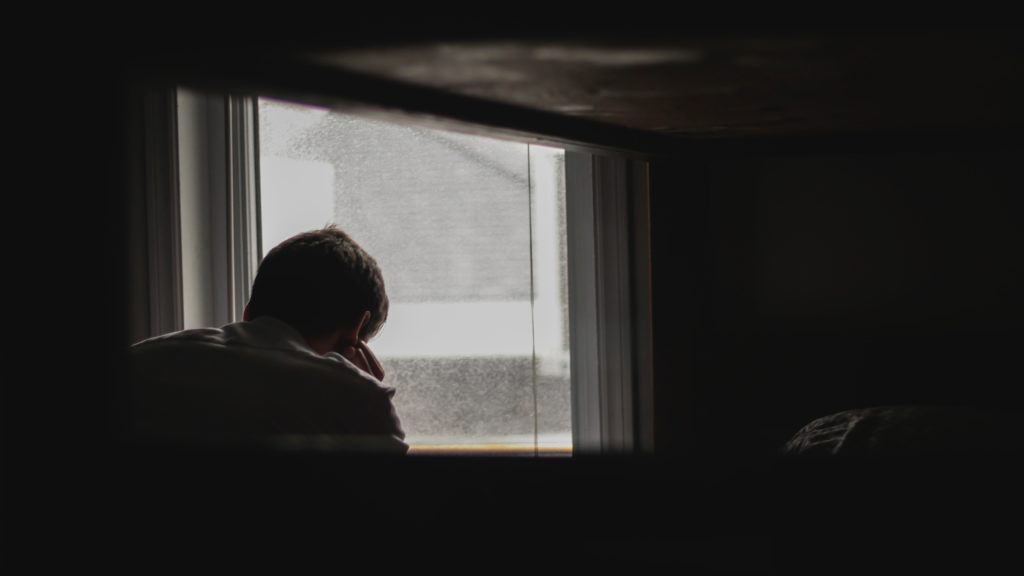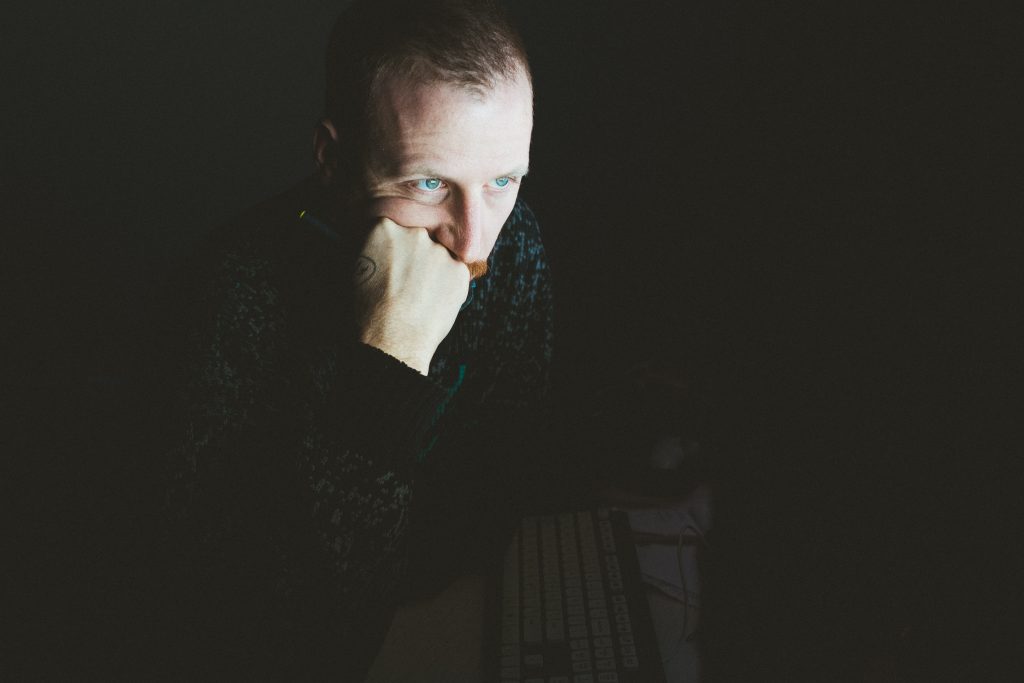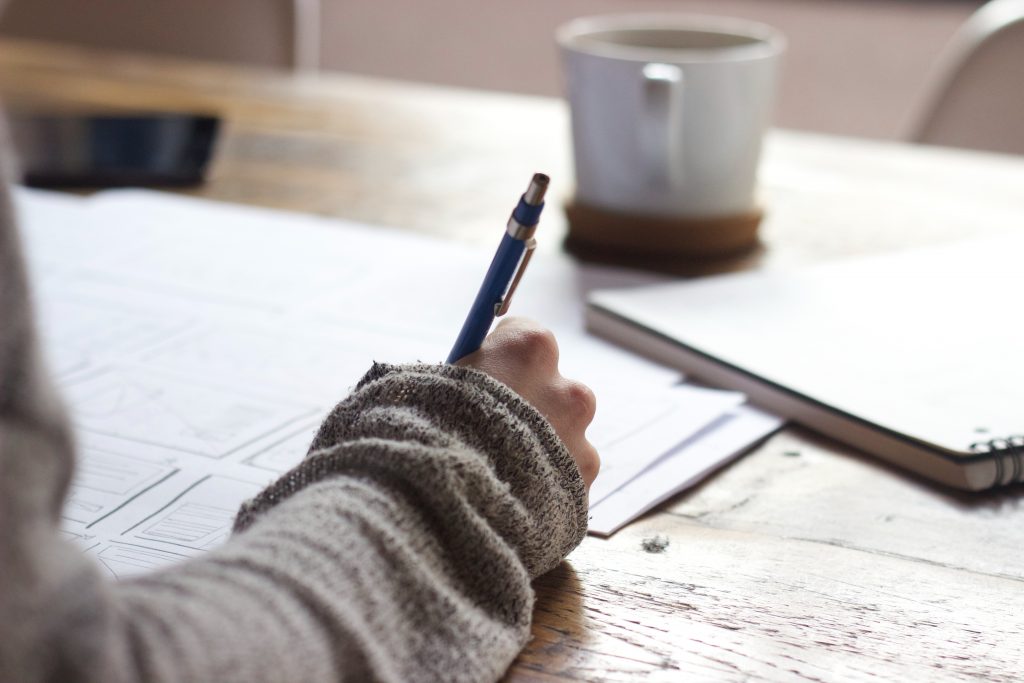Posted November 27th 2020
If bipolar is a lifelong condition sleep can become a major issue with the variance from a decreased ‘need’ for sleep during hypomania and hypersomnia – too much sleep – during times of depressive episodes.
The benefits of a good night’s sleep are well known, researched and documented. Equally, the negative health impacts of a poor night’s sleep or oversleeping.

Depression
During periods of depression, I had no difficulty falling or staying asleep. The desire to sleep overtakes me – Hypersomnia.
I use it as an escape from the realities of life. These periods can be all night and all day. It is very difficult to rise from your slumber when you feel you have no direction, no motivation and nothing to look forward to in the forthcoming day.

I don’t have a long list of suggestive actions, for I found motivation is severely limited in depression and I would not have followed an action plan anyway.
In turn, I have believed if the body and mind need the sleep who am I to deny it? Progress is hard to plot and to follow when tasks are hard to face when you are feeling worthless.
Hypomania and Sleep
During my more hypo episodes, I find myself in an irregular sleep/wake schedule, not an inability to initially fall asleep.
The issue was waking up in the middle of the night with a racing mind that cannot shut down again and craves further stimulation.
This occurs at crazy times of the morning when the rest of the world is in slumber.
So to feed its cravings I may start an activity on my ‘to do’ list, or get up to have a drink, which if caffeine-based just heightens the feelings of restlessness.
Historically, I have even gone to work at a ridiculous hour well before my normal contracted working hours.

Here I was in my office, often at 5am, all alone, wishing to get on with my day while my energies were at their height.
Despite the fact that standard office hours are still four hours away, and knowing I can only get on with minimal tasks before computer systems are working or anybody else (apart from the night watch team) around.
The obvious impact of not having a decent length of sleep is insufficient rest and recuperation, resulting in feeling tired specifically in the afternoon and evening.
My brain tells me I have a decreased need for sleep, and I wrongly believe I can get by with little or no sleep.
I cannot. After all, I am human not a machine.
When sleep is in short supply it can take quite a toll: increased irritability, the decline in mood, tiredness, difficulty concentrating or making decisions and potentially placing myself and others at risk of an accident or error.
This is accompanied by a spiralled and heightened worry about not sleeping.
I find this sleep disturbance is a core symptom of hypo and for me is experienced nearly every night until… I found a plan.
What has worked for me
I am currently training to become a professional Transformational Coach. As part of this training, I too am coached.
One of the issues I raised in a session was my irregular sleep patterns. Together we devised the following plan:
- Accepting that by becoming “active” in the middle of the night or early hours of the morning was in fact further contributing to an irregular sleeping cycle
- Believing that I can make a change – even the smallest can be the greatest
- Evaluate that this situation is only a short term ‘bump in the road’ and is not sustainable
- Look at the positives of healthy sleep (growth, repair, processing memories, producing hormones, processing memories, restoration of general wellbeing)
- Inviting myself to change my attitude to sleep. Welcome it as a ‘friend’ and huge contributor to wellbeing and not “wasted” time or “time” to “make up” from spells of depression
- Establish that I must minimise the physical risks associated with poor sleep (high blood pressure, heart attack, obesity, immunity impairment etc)

One particularly important element for myself was to forward plan and agree with my coach what the plan to change would look like.
New routines and small changes I incorporated included:
- Removing my watch so I had no idea what the time was when I awoke
- Write the ‘to do list’ the evening before
- Have a note pad and pen by the bed to capture any ideas I may have should I wake in the middle of the night with a head full of them
- Drinking herbal rather than caffeine-based drinks in the evening – consider herbal sleeping aids
- Remove distracting and stimulating material from view in the room (for example my Coaching books) so when I awoke I was not distracted and tempted by them
- Ensured I turned off the radio when going to sleep initially. I had used it as a ‘friend’ during depressive spells (especially ‘talk’ radio)
- Incorporating meditation before going to bed and during any periods when I may awake
- Spend time before going to sleep feeling ‘gratitude’ for things that have happened during the day
- Speak with a trusted friend or family member before going to sleep, so as to enter slumber on a positive note
- Create a room that is comfortable and safe
- Identify what helps me to feel calmer and at ease – it may be meditation or listening to music that I find relaxing not what is described as relaxing. The key here is exploring what works. Focusing on resting not that I must get back to sleep
So, these are just a few of the observations I have made and hints I have followed. If any of them can help someone else that would be great.
Happy and peaceful Zzz’ing to you all.
Coaching
If you would like to find out more about coaching, being coached by me or my coach, Sam, please just get in touch with NCMH and I will get back to you.
Resources and information
- NCMH Mental Health leaflets including Bipolar Disorder
- Watch our Bipolar Education Programme Cymru (BEPC) webinars
- Take part in our COVID-19 study so we can understand the experiences of people living with mental health problems during the pandemic.
Sign up now and receive new blog posts to your inbox.
